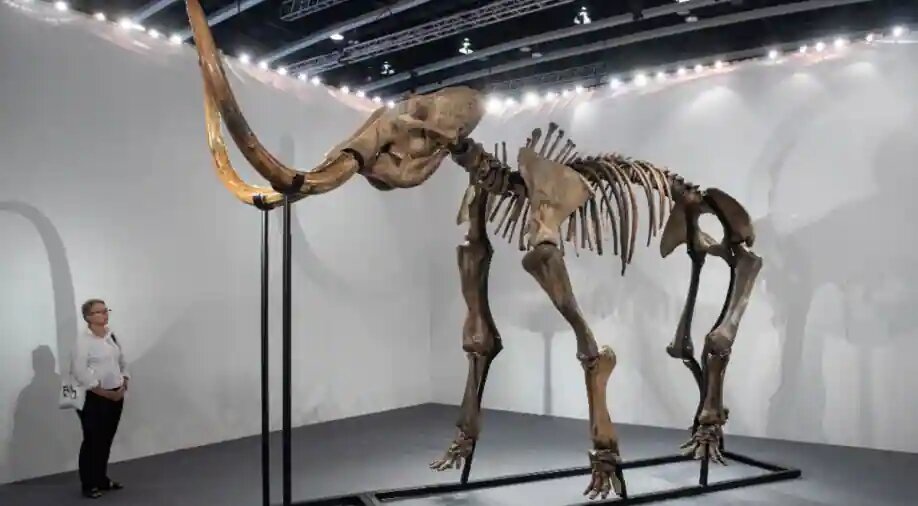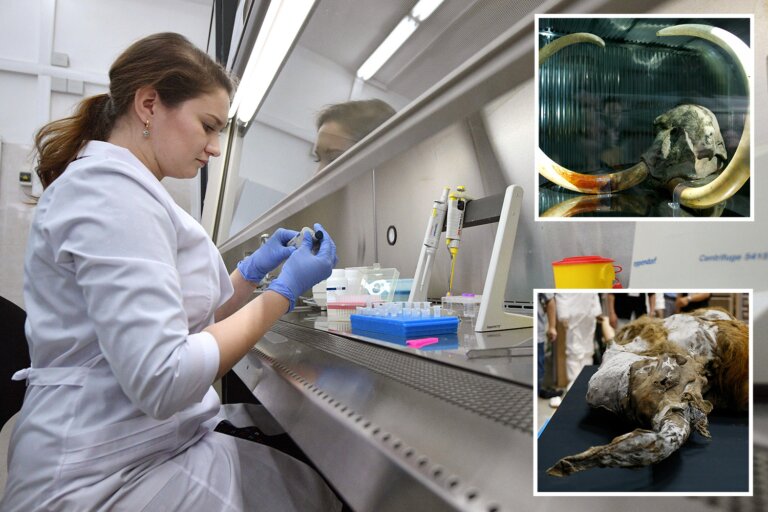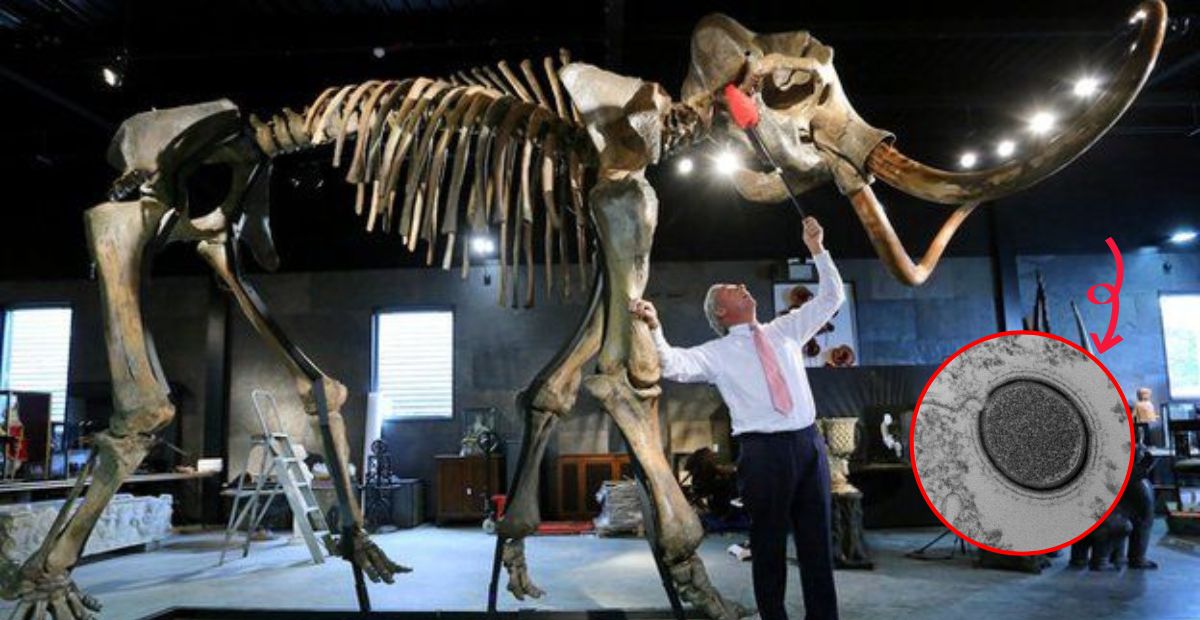500 Years Old “Zoombie Viruses” That Killed ‘Giant’ Woolly Mammoths
500 years ago the last Woolly Mammoths roamed the Earth. He and the rest of his brethren died off after the end of the last Ice age.
Researchers have found woolly mammoth remains in dried-up rivers and lakes across the globe, but the vast majority are simply bits and pieces of dried-out bones or fossils. Only a few remnants have been discovered with soft tissues like skin, flesh, and organs still intact.
They last walked that walk a million years back and since then the majestic animals have lain silent and mostly undisturbed in their permafrost graves. But, now curious scientists have decided to disturb their slumber and attempt to ‘reawaken’ ancient, Stone Age viruses.

As per researchers, northeast Siberia is home to the remains of the woolly mammoth, the woolly rhinoceros, other extinct species, and…dormant ancient viruses.
The project is being carried out by Vector or Russia’s State Research Centre of Virology and Biotechnology and as per Daily Mail, it aims to extract cellular material that contains viruses that killed the giant beasts and perform experiments on them in a lab.
However, there’s concern that given the fact that the human bodies of today are strangers to these prehistoric ‘paleoviruses’ and if they were to jump the species barrier, the coronavirus pandemic may end up looking like the less deadly outbreak.
Given that the woolly mammoth were huge animals the size of today’s elephants which are much larger than an average human, the viruses that killed them are definitely a cause of concern.
The scientific community too has raised the alarm. Jean-Michel Claverie, a professor of microbiology at the University of Aix-Marseille in France said that the Russian research “is terrible. I’m totally against it”.

He added that it “is very, very risky. Our immune systems have never encountered these types of viruses. Some of them could be 200,000 or even 400,000 years old. But ancient viruses that infected animals or humans could still be infectious.”
But the sad truth is that even without Vector’s reawakening of the ancient viruses chances are something deadly will slip out of the Arctic’s frozen waters sooner or later. As global warming slowly melts permafrost the global scientific community has already raised alarm over deadly diseases that may escape their “frozen prisons”.




